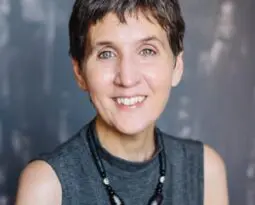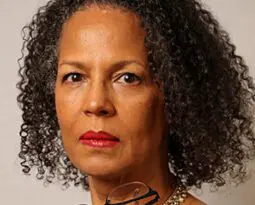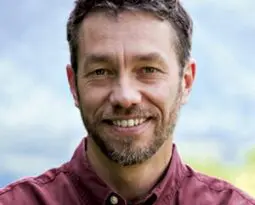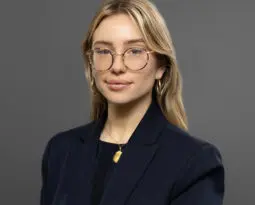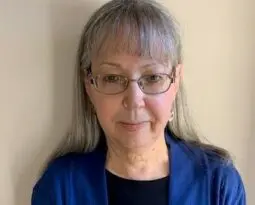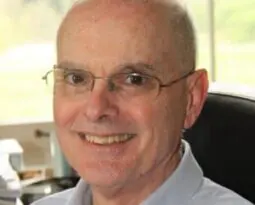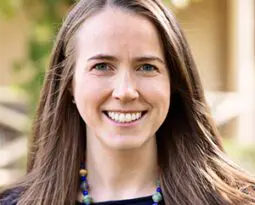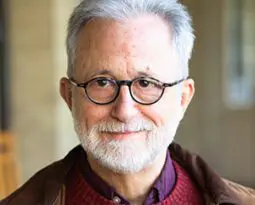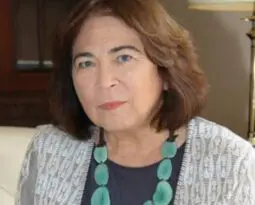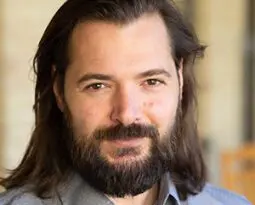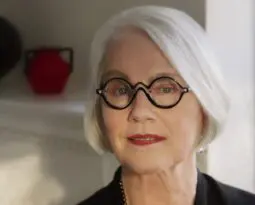Scholars
Hastings scholars come from a wide range of disciplines, including philosophy, social psychology, law, political science, education, and theology. Their research takes on some of the most difficult dilemmas and controversies in the areas of human reproduction, genetics, population health, aging, and end-of-life care, and the risks and benefits of new technologies.
Vardit RavitskyPhDPresident
Vardit Ravitsky, PhD, is the President and CEO of The Hastings Center for Bioethics, an independent, nonpartisan bioethics research institute that is among the most prestigious bioethics and health policy institutes in the world. Ravitsky joins the Center from the University of Montreal where she was Professor at the Bioethics Program, School of Public Health. She is also a Senior Lecturer on Global Health and Social Medicine at Harvard Medical School. She received her PhD from Bar-Ilan Universi...Nancy BerlingerPhDSenior Research Scholar
Nancy Berlinger is a senior research scholar at The Hastings Center for Bioethics and a Hastings Center fellow. Her training is in the humanities. Her current scholarship and empirical research focus on ethical, societal, and global dimensions of population aging (Bioethics for Aging Societies), with special attention to dementia care and to housing equity for older adults. She also works on ethical challenges in immigrant and community health, with attention to the role of policy in limiting or ...Virginia A. BrownMA, PhDResearch Scholar
Virginia A. Brown is a research scholar in social justice and population health. She joined The Hastings Center for Bioethics in September 2023 from the University of Texas at Austin Dell Medical School where she served as an assistant professor in the department of population health in the division of Community Engagement and Health Equity and as the associate director of the Liberal Arts Honors program in the College of Liberal Arts.Gregory E. KaebnickPhDDirector, Research Department; Editor, Hastings Center Report; Senior Research Scholar
Gregory E. Kaebnick explores questions about the values at stake in developing and using biotechnologies and, particularly, in questions about the value given to nature and human nature. He is also the director of the Research Department, and one of the editors of the Hastings Center Report, and a Hastings Center fellow. He has testified before Congress on ethical issues concerning synthetic biology and served on a National Academy of Sciences committee, Gene Drive Research in Non-Human Organi...Julia KolakPhD, HEC-CResearch Associate
Julia Kolak works at the intersection of the philosophy of medicine and bioethics, with a focus on the conceptual frameworks underlying disease identification and classification, and their impact on medical decision-making. She is currently engaged in research that examines these themes in the normative underpinnings of psychiatric nosology, providing a philosophical and historical analysis of the adoption of operational definitions of mental disorders in the DSM. In connection with this work, s...Karen J. MaschkePhDSenior Research Scholar; Editor, Ethics & Human Research
Karen Maschke has expertise on the ethical, regulatory and policy issues involving the development, assessment, and use of new biomedical technologies. She is the editor-in-chief of The Hastings Center for Bioethics’s journal Ethics & Human Research and is a Hastings Center fellow.Thomas H. MurrayPhDPresident Emeritus
Thomas H. Murray was president of The Hastings Center for Bioethics from 1999 to 2012. He was formerly the director of the Center for Biomedical Ethics in the School of Medicine at Case Western Reserve University, where he was also the Susan E. Watson Professor of Bioethics. He serves on many editorial boards and has testified before many Congressional committees. Among other current posts, he serves as an international expert advisor to Singapore’s Bioethics Advisory Committee and vice chair ...Carolyn P. NeuhausPhDResearch Scholar
Carolyn P. Neuhaus explores philosophical and ethical questions that arise throughout biomedical research and medical practice, from the philosophical foundations of the use of animals in biomedical research to the development of digital medicine and use of AI in healthcare. She is currently engaged in research in The Hastings Center for Bioethics’s Humans and Nature and Science and the Self project areas.Erik ParensPhDSenior Research Scholar
Erik Parens is a senior research scholar at The Hastings Center for Bioethics and Director of the Center’s Initiative in Bioethics and the Humanities. He has taught bioethics as an adjunct professor in the Science, Technology, and Society programs at Vassar and Sarah Lawrence, as well as in the Master of Bioethics program at Harvard.Mildred Z. SolomonEd.D.President Emerita
Mildred Solomon has an international reputation for her research on, and advocacy for, wiser health care and science policy. She was President of The Hastings Center from 2012 to June 2023. She is Professor of Global Health and Social Medicine, part time, at Harvard Medical School, where she directs the school’s Fellowship in Bioethics. Dr. Solomon is both a bioethicist and social science researcher. The primary focus of her bioethics scholarship has been on the ethics of end-of-life care for ...Lucas J. MatthewsPhDPresidential Scholar
Lucas J. Matthews is a presidential scholar at The Hastings Center and an assistant professor at Columbia University. He received his PhD in philosophy from the University of Utah where he studied conceptual issues in evolutionary biology. He completed a three-year postdoctoral fellowship in human behavior genetics at the University of Virginia, where he examined methodological problems related to genomic research on intelligence. He later completed a two-year postdoctoral fellowship in bioethics...Rosemarie Garland-ThomsonPhDSenior Advisor
Rosemarie Garland-Thomson is a disability justice and culture thought leader, bioethicist, educator, and humanities scholar. She consults on many academic and bioethics projects, gives frequent lectures, presentations, and media interviews, publishes in a range of media, and participates in a wide range of web events. Her 2016 op-ed, “Becoming Disabled,” was the inaugural article in the ongoing weekly series in the New York Times about disability by people living with disabilities.

